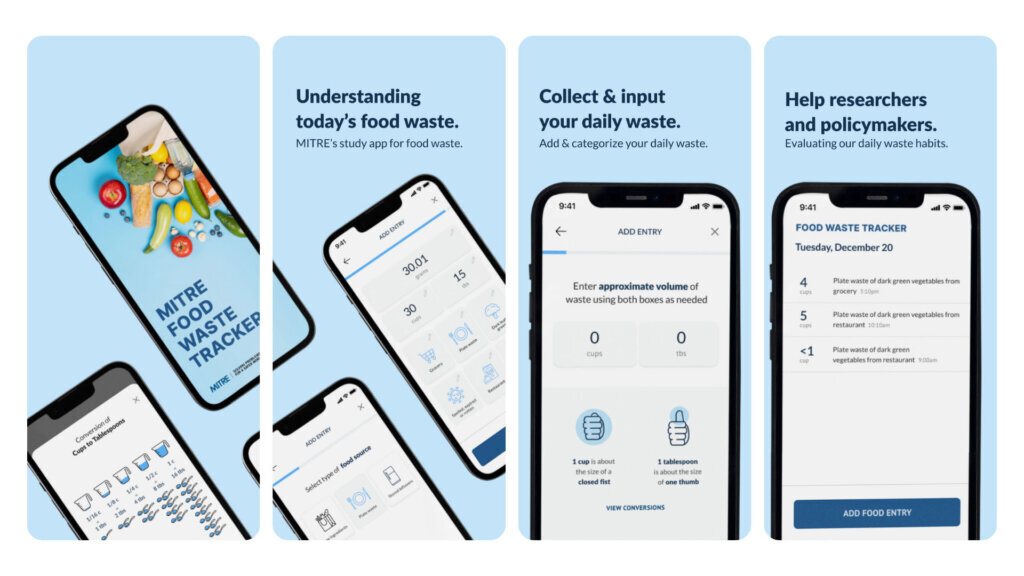
The amount of food Americans waste, often without giving it much thought, is staggering. The U.S. Food and Drug Administration estimates 30% to 40% of food in the U.S. is wasted, costing households an average of $1,500 a year.
McLean, Virginia-based not-for-profit MITRE and Gallup have released a State of Food Waste in America survey that collected user-reported data of daily food waste from 9,000 households in all 50 states and the District.
The average household wastes 2 pounds of food per week.
Top reasons for food waste include not particularly wanting to eat the leftovers, and assuming the food has gone bad. Often, it probably has not.
“People place too much confidence in the food expiration dates. Date labels represent the manufacturer’s best guess at peak food quality, not food safety. It is better to use your senses to determine if the food has spoiled,” said Laura Leets, senior principal scientist at MITRE and adjunct professor at Georgetown University.
In the survey, 87% of households reported wasting edible food the prior week, and households that frequently throw away leftovers report throwing out over three times as much food as those who do so less frequently.
People who frequently throw out leftovers because no one wants to eat them waste an estimated 12 cups of food each week, or 4 pounds.
You can track your food waste, and see not only how much food you are wasting but also how much money you’re throwing out with MITRE’s free Food Waste Tracker App, designed by MITRE researchers, which you can download at either Google Pay or the Apple App Store.
“It helps you estimate food waste after each meal. You use your fist for a cup and your thumb for a tablespoon. And then after a week, the app will start estimating how much money you can save by changing your food waste behavior,” Leets said.
There are also environmental reasons to waste less food. Your leftovers may be contributing to climate change.
“The No. 1 substance going into our landfills is food waste. And as it decomposes, it releases greenhouse gasses into the environment,” Leets said.
One of the easiest ways to reduce food waste and save grocery budget money is not overbuying. MITRE recommends taking an inventory of what’s on hand before going to the grocery store, and to think about meal preparation and portion size ahead of time. And, make a list and stick to it.








